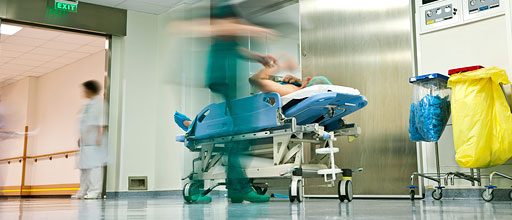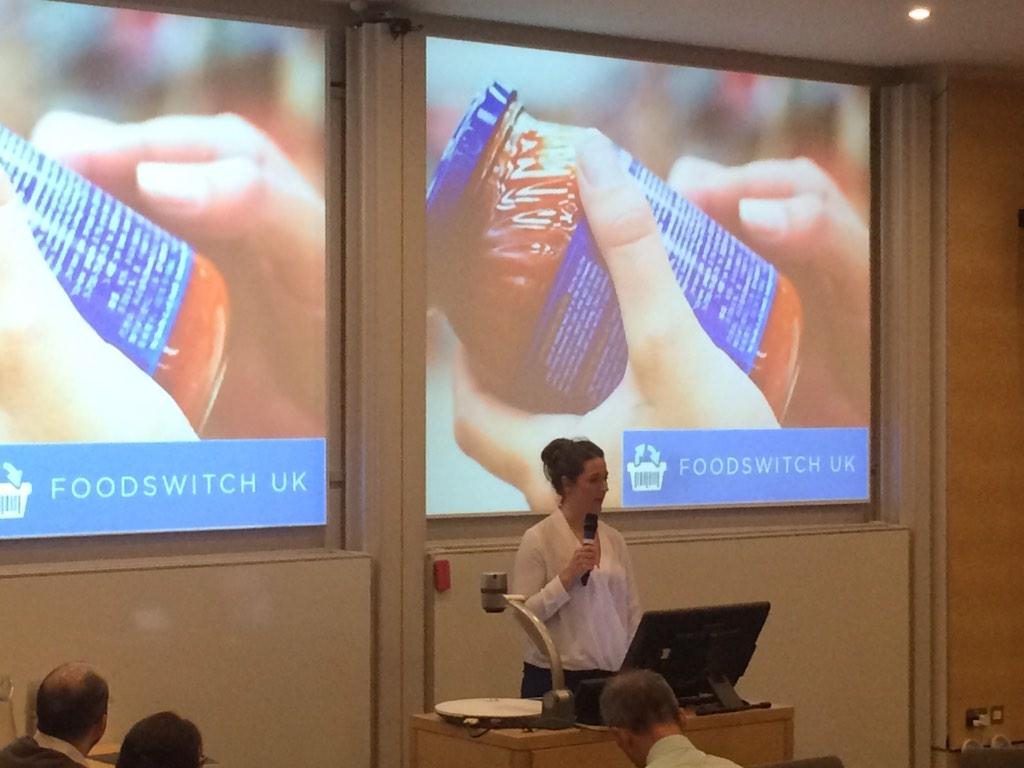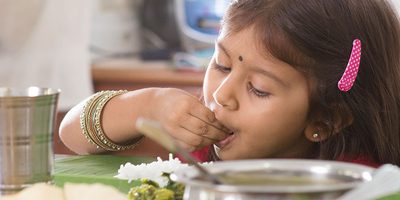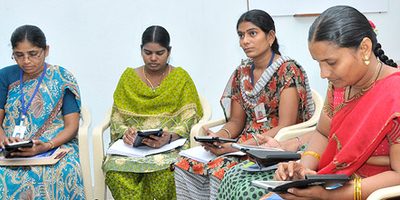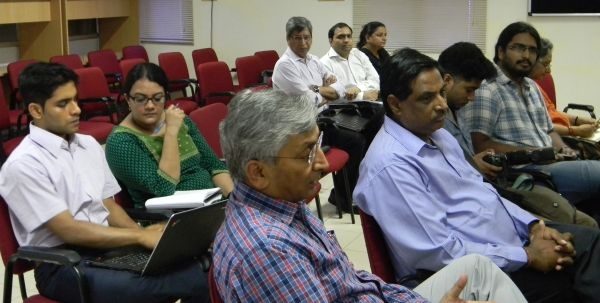In order to address the gap in media coverage when it comes to routine immunisation as a public health programme, UNICEF India plans to work with The George Institute for Global Health and its network partner in the UK, Oxford University, to bring a critical appraisal skills programme for budding and mid-career journalists.
The proposed project is about conducting a study on the media coverage of public health issues with focus on routine immunisation and pre- and post-module development workshops with journalists, media educators and select public health professionals.
The critical appraisal skills programme developed by Oxford University for public health professionals would be used as the starting point to develop a module which would then be offered to journalists as a certification programme.
The entire programme is being designed as an Oxford University certified program with a scale-up possibility in terms of either a web-based course curriculum or modules integrated into the mass media education as a goal and a target at the end of three years.
The first in the series of consultations aimed at getting more information about how media covers public health and routine immunization issues along with eliciting feedback to the proposed critical skills appraisal programme for journalists was held in Chennai on September 1. Over 50 journalists, media academics and public health professionals participated in the one-and-a-half day workshops and deliberated on different aspects of media coverage of public health issues.he meeting was held
A follow-up meeting was held at the Press Institute of India on September 2 in which the role of media professionals in highlighting heath issues was discussed in detail and strategies to impart critical skills explored. The meeting was attended by the Press Institute of India director Sashi Nair and other senior journalists who have been writing for the media on health and development issues and also monitoring the media scenario for decades. The need for guidelines which could serve as standards for health reporting and could help in engaging the editors and media personnel was mentioned as one of the ways in which we could move forward.
Initiating the discussions on both days, Premila Webster, Head, Nuffield School of Popuation Health, said that the critical appraisal skills programme has been a hit with different groups of public health professionals and the same is now being customized for journalists for the first time ever. She gave the now infamous example of unbalanced media coverage of MMR vaccine being linked to autism in the UK to drive home the point that critical skills are necessary for journalists.
Ms Genevieve Begkoyian, Chief of Health UNICEF India, gave an overview of the routine immunization programme in India and said that all aspects of the programme including health systems strengthening and grassroots mobilization and delivery need to be paid attention by the media.
Dr Vivekanand Jha, Executive Director, The George Institute for Global Health, also outlined the need for balanced media coverage when it comes to scientific and medical issues.
In the discussions that followed, the participants accepted the need for critical appraisal skills and said that we must not take a "one size, fit all" approach as the media is very heterogenous in a country like India. Besides state and district level journalists, we must also not forget radio and other grassroots media, they said. A media rating tool developed by the project team to analyse and assess health stories was discussed and applied on some sample stories distributed to the participants.
The workshop sparked off a dialogue and debate in terms of media coverage of health issues and the need for critical appraisal with various publications/channels picking up the thread and starting a conversation.
In the days to come, we plan to organize more workshops in Jaipur, Bhubaneshwar, Bhopal, Guwahati and Ahmedabad besides a national consultation in Delhi to develop and finalise the critical appraisal skills module.


